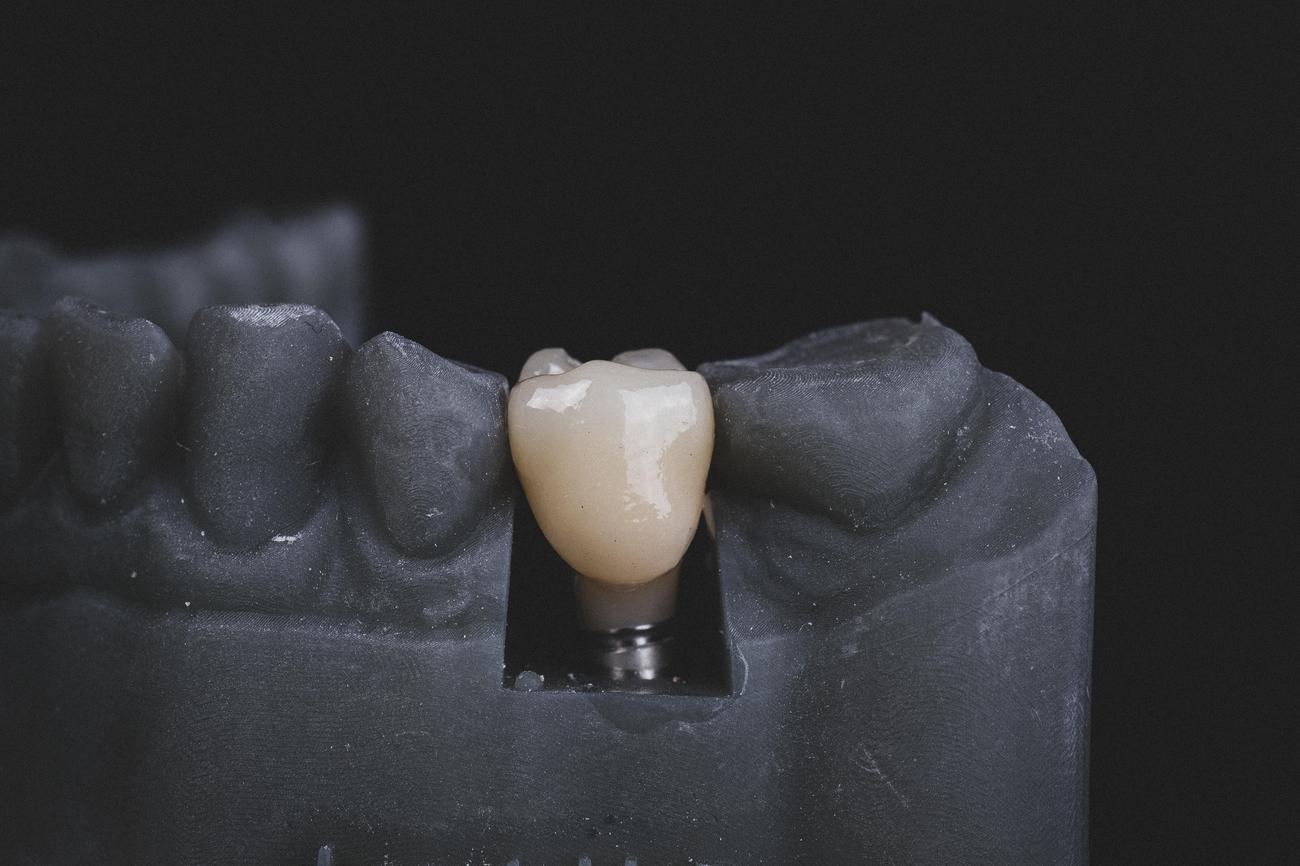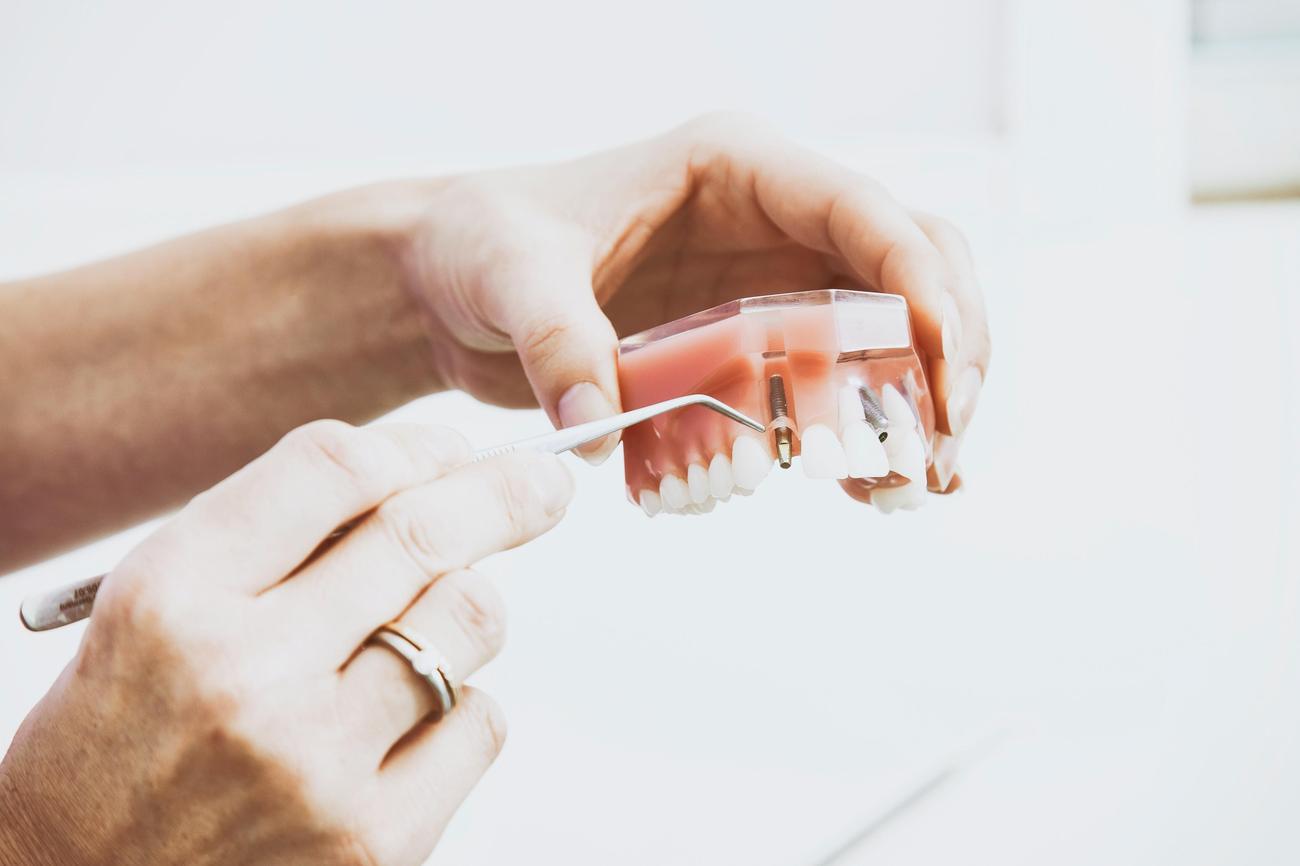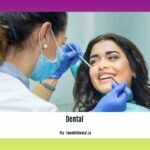Welcome to the intriguing world of oral health! In this article, we will dive deep into the fascinating field of dentistry and uncover some of the most captivating and fun facts about this essential aspect of our lives. From ancient dental practices to modern innovations, get ready to explore a universe of intriguing information that will leave you amazed. So, fasten your seatbelts, put on your dental goggles, and join us on this exciting journey as we delve into the world of dentistry. Are you ready to discover some fascinating fun facts about dentistry? Let’s begin!
What are some fun facts about dentistry?
Dentistry goes beyond just routine check-ups and fillings; it’s a field filled with fascinating discoveries and intriguing facts. So, let’s dig into the world of dentistry and explore some fun and surprising tidbits that you probably didn’t know about oral health!

Dentists Can Determine Your Age From Your Teeth
Just like rings on a tree trunk, teeth can provide valuable information about a person’s age. Dentists have a clever method known as dental age estimation, where they analyze tooth eruption patterns, wear and tear, and tooth development to determine a person’s approximate age. It’s like unlocking the secrets of your smile!
“Next time you visit your dentist, ask them to take a closer look at your teeth – they might just guess your age!”
Tooth Enamel is the Hardest Substance in the Human Body
Have you ever wondered which part of your body is the toughest? Surprise, surprise! It’s your tooth enamel. This protective layer covering your teeth is even stronger than your bones. Tooth enamel is composed mainly of minerals, making it incredibly resilient against the daily pressures of eating, drinking, and even biting into hard foods.
“Your tooth enamel is like a knight in shining armor, guarding your teeth against the grind of daily life!”
The Average Person Only Smiles 8 Times a Day
Imagine smiling only eight times in a day. That seems quite low, doesn’t it? Well, studies have shown that the average person only smiles about eight times daily. While that may seem low, it’s worth noting that smiling comes with a plethora of benefits, such as boosting mood, reducing stress, and even making you appear more approachable and attractive. So, let’s all remember to smile a little more!
“Don’t keep those pearly whites hidden – share your beautiful smile with the world!”
The First Toothbrushes Were Made from Animal Bones
We often take toothbrushes for granted, but did you know that the earliest toothbrushes were made from animal bones? Ancient civilizations used bones, such as those from animals like cows and horses, to fashion tools for cleaning their teeth. Thankfully, modern toothbrushes have come a long way since then, with bristles made from nylon and ergonomic designs for maximum efficiency.
“Next time you brush your teeth, take a moment to appreciate the evolution from bone to bristles – it’s a dental journey!”
Your Teeth are as Unique as Your Fingerprint
Just like your fingerprints, your teeth are unique to you. The arrangement of your teeth, their shape, and even the tiny grooves and ridges on their surfaces are all distinct characteristics that make your smile one of a kind. This is why dental records are often used for identification purposes in forensic investigations. It’s like having a dental autograph!
“No two smiles are alike – embrace your dental individuality and let your unique smile shine!”
Children Have 20 Teeth While Adults Have 32
Remember losing your baby teeth and eagerly anticipating the arrival of your permanent teeth? Children go through a natural process called teething, where their primary teeth (also known as baby teeth) fall out to make way for their permanent teeth. By adulthood, most individuals have a full set of 32 teeth.
“Growing up means gaining more teeth – it’s like nature’s dental makeover!”
Dentistry isn’t just about routine check-ups and dental procedures; it’s a field filled with intriguing and fun facts. From tooth age estimation to the strength of tooth enamel, there’s so much to explore in the world of oral health. So, the next time you visit your dentist, remember to ask them about these fascinating facts and continue discovering the wonders of dentistry!
Dental hygienists play a crucial role in maintaining oral health. They are trained professionals who perform various tasks, from cleaning teeth to educating patients on good oral hygiene practices. If you’re curious to learn some interesting facts about dental hygienists, click here for an enlightening read: interesting facts about dental hygienist. Discover the challenges they face, the extensive training they undergo, and the impact they have on people’s lives. Get ready to be amazed by the fascinating world of dental hygienists!

FAQ
Q: Why is it important to take care of oral health?
A: Taking care of oral health is crucial because it helps prevent various dental issues such as tooth decay, gum disease, and bad breath. Maintaining good oral hygiene also contributes to overall health and well-being.
Q: How often should I brush my teeth?
A: It is recommended to brush your teeth at least twice a day, preferably in the morning and before going to bed. Brushing helps remove plaque and bacteria, preventing tooth decay and gum disease.
Q: How often should I floss?
A: It is recommended to floss at least once a day. Flossing helps remove food particles and plaque from areas between your teeth that cannot be reached by a toothbrush. This helps prevent tooth decay and gum disease.
Q: Are all cavities painful?
A: No, not all cavities cause pain. In the early stages, cavities may not produce any symptoms. Regular dental check-ups are important to diagnose and treat cavities before they become painful or cause further damage.
Q: What can I do to prevent bad breath?
A: To prevent bad breath, you should practice good oral hygiene by brushing your teeth and tongue, flossing, and using mouthwash regularly. Additionally, staying hydrated, avoiding tobacco products, and visiting your dentist for regular check-ups can help maintain fresh breath.
- Unlock 6000+ words beginning with he: A comprehensive analysis - April 20, 2025
- Mastering -al Words: A Complete Guide - April 20, 2025
- Master Scrabble: High-Scoring BAR Words Now - April 20, 2025
















